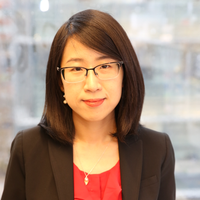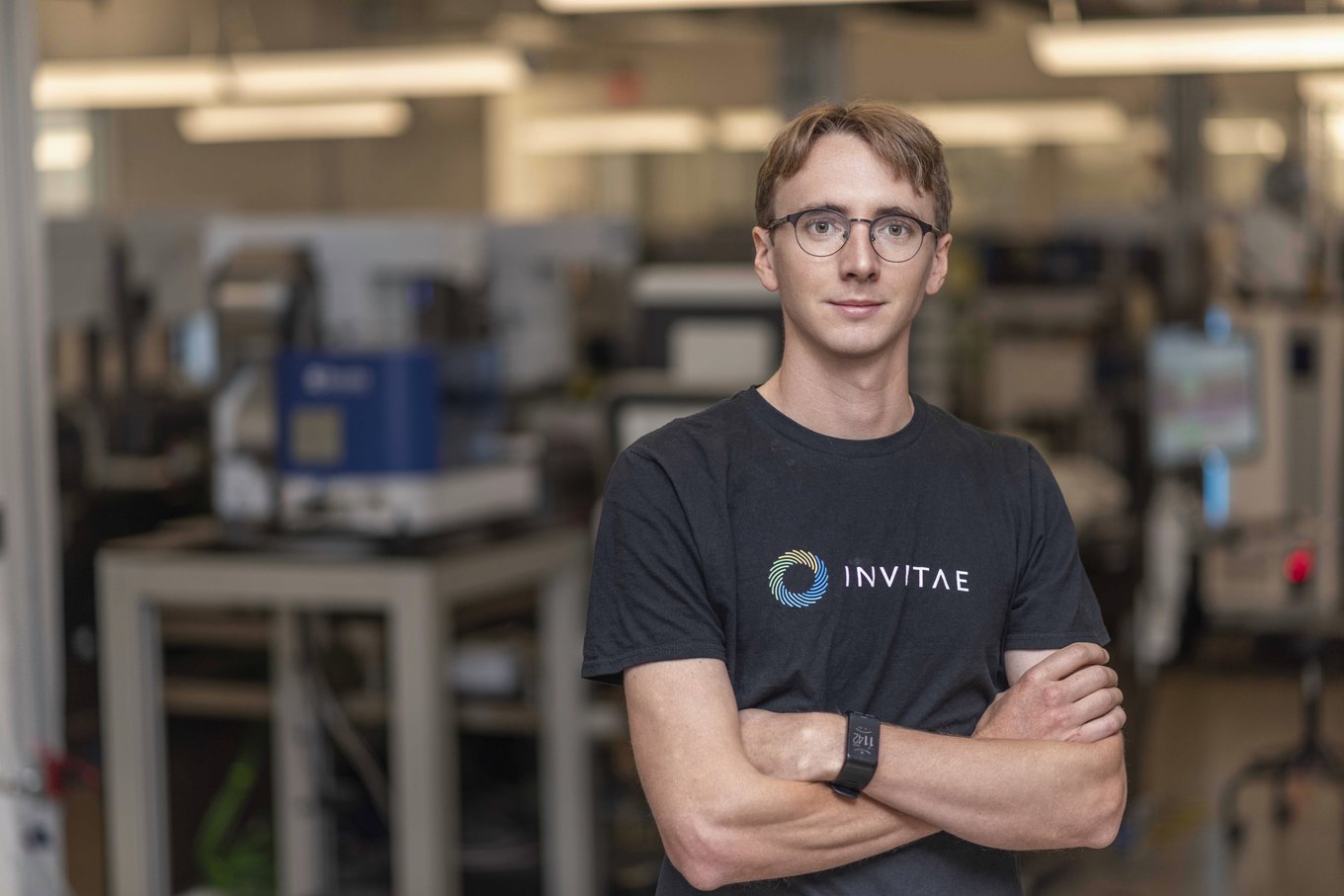Knowing a person’s genetics can help physicians establish a personalized treatment. These are some of the advances that can be achieved thanks to genome sequencing and analysis; techniques that analyze patients' DNA and detect possible variations in their genes. Despite their good reception, these tests are not proving as useful as expected. Most of the genetic alterations detected are rare and it is very difficult to know their consequences. As a result, patients get reports full of data without knowing what they mean and without any medical guidelines.
To solve this situation, biotechnologist Alexandre Colavin has founded Jungla, a company that maximizes the use of genomic information and improves the interpretation of millions of genetic variations. Thanks to this proposal, this young Frenchman has become one of the winners of Innovators Under 35 Europe from MIT Technology Review.
Colavin co-founded the company alongside Jason Reuter and Carlos Araya. He has relied on a team of geneticists, technologists, and biophysicists to create new techniques that provide a broader view of genetic variations. In essence, Jungla has developed precision technologies to identify the evolution of biomolecule sequences, identification techniques for altered regions related to cancer, as well as deep mutational learning (DML) technologies that interpret genetic variations through a combination of experiments and machine learning.
To develop these procedures, the innovator developed different computer indicators and conducted single-cell experiments that measure thousands of gene mutations simultaneously. These innovations are integrated into a digital platform, which continuously learns, generates information, evaluates results, and delivers up-to-date tests to accurately interpret data. The platform takes known genetic mutations into account and then detects and understands rare variations. "Jungla can guarantee clinically relevant evidence for more than 4.2 million unique mutations," says Colavin.
In addition to offering a broader view of genome sequencing, Jungla also brings confidence to physicians. Today, many laboratories publish their indicators to interpret genetic alterations, but their parameters quickly become obsolete. Also, as explained by Jungla, genetic testing companies do not usually detail their investments in the development of new products and do not generate their own evidence. Colavin's company has managed to gain the trust of physicians, as its platform is transparent and can be verified by third parties. The tool is accompanied by blockchain technology, so that data concerning genetic variations are protected and cannot be edited.
Thanks to this new way of processing and interpreting genome sequencing, Jungla provides physicians with orderly information and improves the quality of diagnoses. In July 2019, the leading genetics company, Invitae Corporation, acquired Jungla, and Colavin says this will help it improve its services. "Our goal is to bring technology to many patients faster than when Jungla was an independent company. We want to leverage Invitae’s resources to integrate our technology and make genetic testing more impactful and affordable than ever."
Anna Lina Wenner, Director of Firstminute Capital and member of the Innovators Under 35 Europe 2019 jury, says that Jungla "addresses a large market with great potential for personalized medicine," adding that its founders "have a great track record."
By Alba Casilda
Translation: Brian Bostwick




